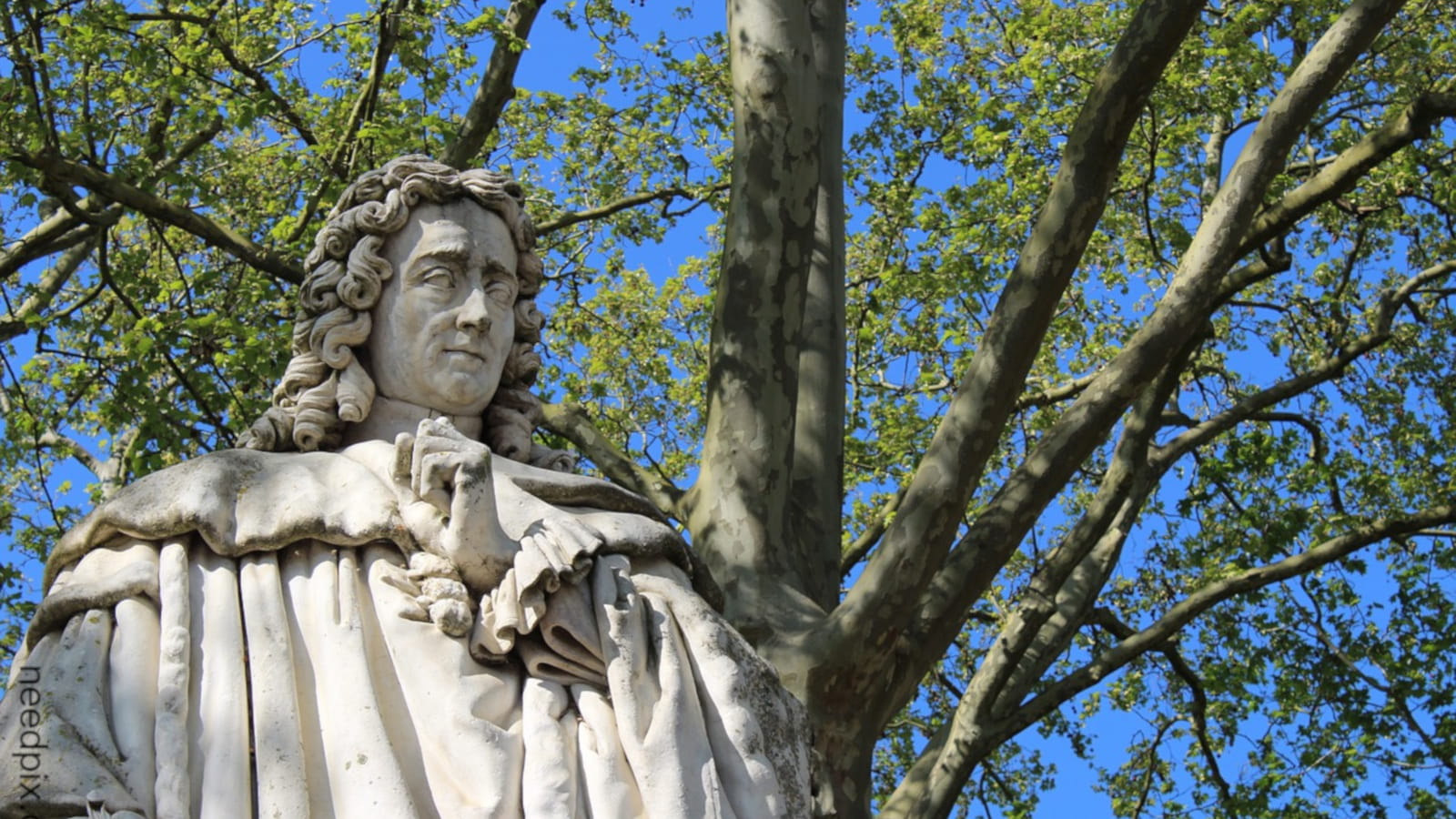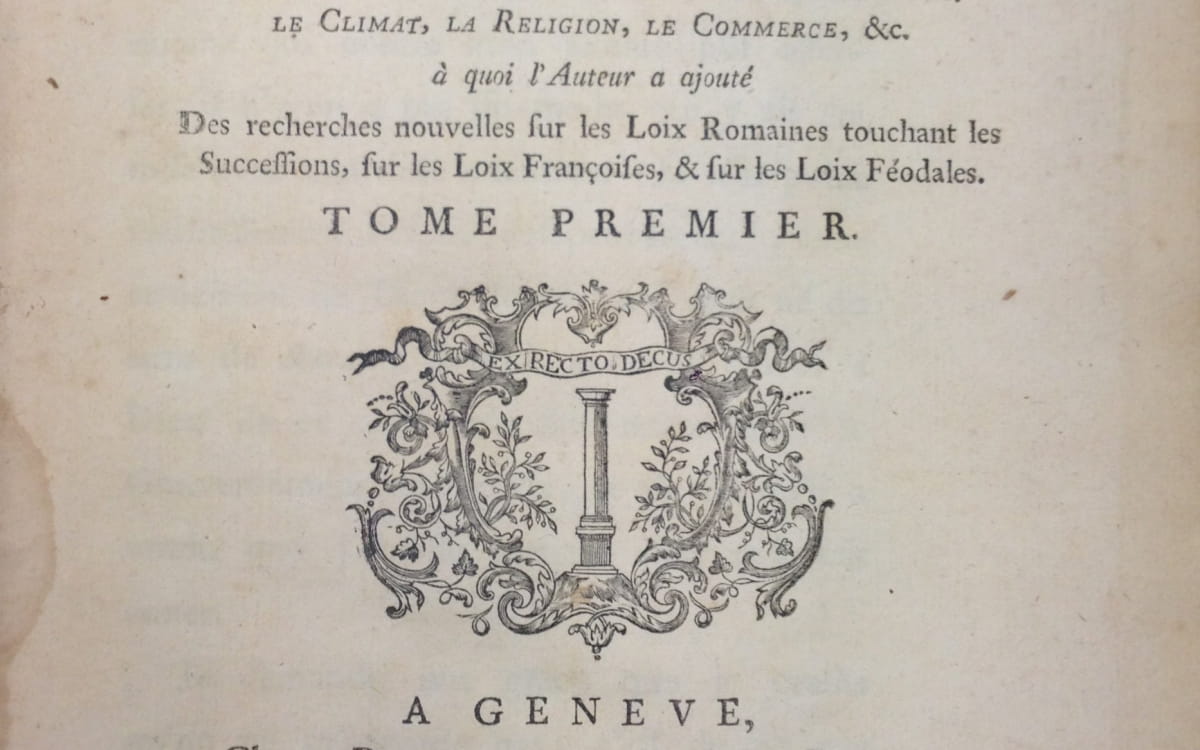
Montesquieu, the philosopher
Who was this philosopher of the Enlightenment?
At once a philosopher, writer and precursor of sociology, Montesquieu was a political thinker with a passion for science. He developed his political thinking on the distribution of state functions and the separation of powers. He thus contributes to defining the principle of Western democracies.
Montesquieu's thought
Law and freedomA philosopher with a liberal and rigorous spirit, Montesquieu was one of the great thinkers of the 18th century. Contemporary of Voltaire, Rousseau, Marivaux, Diderot and d'Alembert, the utopian and sociologist before the letter was born in 1689 into a family of magistrates of good nobility of dress at the Château de La Brède.
In 1721, he published the "Persian Letters" anonymously. This epistolary novel brings together a fictional correspondence between two Persian travellers and their respective friends. This satire of French society denounces the dysfunctions of French society through the eyes of a foreigner and offers the reader a critical portrait of Louis XIV: an old, narcissistic, power-hungry and particularly authoritarian king.
His seminal work "De l'esprit des lois" published in 1748 develops his reflections on the distribution of state functions. His thought is at the origin of the principle of distinction between the legislative, executive and judicial powers, the basis of any republic. His conception of the separation of powers challenged the three-state structure of the French monarchy: the clergy, the aristocracy and the people, thus erasing the last vestige of feudalism.
Montesquieu's thought particularly influenced Catherine II of Russia. She admits to having plagiarized the author of "De l'esprit des lois" to write the Nakaz, a treatise on political philosophy published in 1767. In particular, she took from him the principle of the separation of powers and condemned serfdom if it was not abolished.
After his death, Montesquieu's ideas were often radicalised and his ideas diverted by reinterpreting the principles of his monarchical government. During the French Revolution, the monarchical revolutionaries (supporters of a constitutional monarchy based on the British model) tried in vain to have them adopted by the Constituent Assembly to counter Abbot Sieyès, who was in favour of breaking with all heritage and models. Montesquieu's work inspired the authors of the 1791 constitution, but also of subsequent constitutions.
An aristocrat who loves the monarchy
The paradox of his thinkingLouis Althusser, a Marxist philosopher, described Montesquieu as a libertine torn between the problems of feudal counter-powers and the desire for parliamentary grandeur. Montesquieu indeed calls for an alliance of the privileged (bourgeoisie and aristocracy) against popular aspirations. Monarchy remains the author's preferred formula, but on condition that it does not drift into absolute monarchy. Thus he notes the need for "fixed and established laws" and intermediate powers assured by the nobility and the ecclesiastes.
An aristocrat and good Catholic, Montesquieu, unlike Voltaire, was not in revolt against the society of his time. He was heir to the barony of La Brède and a good manager of his property. He was concerned about his reputation and was used to the "salons". His thought finally escaped the radical character of the philosophy of the Enlightenment.

